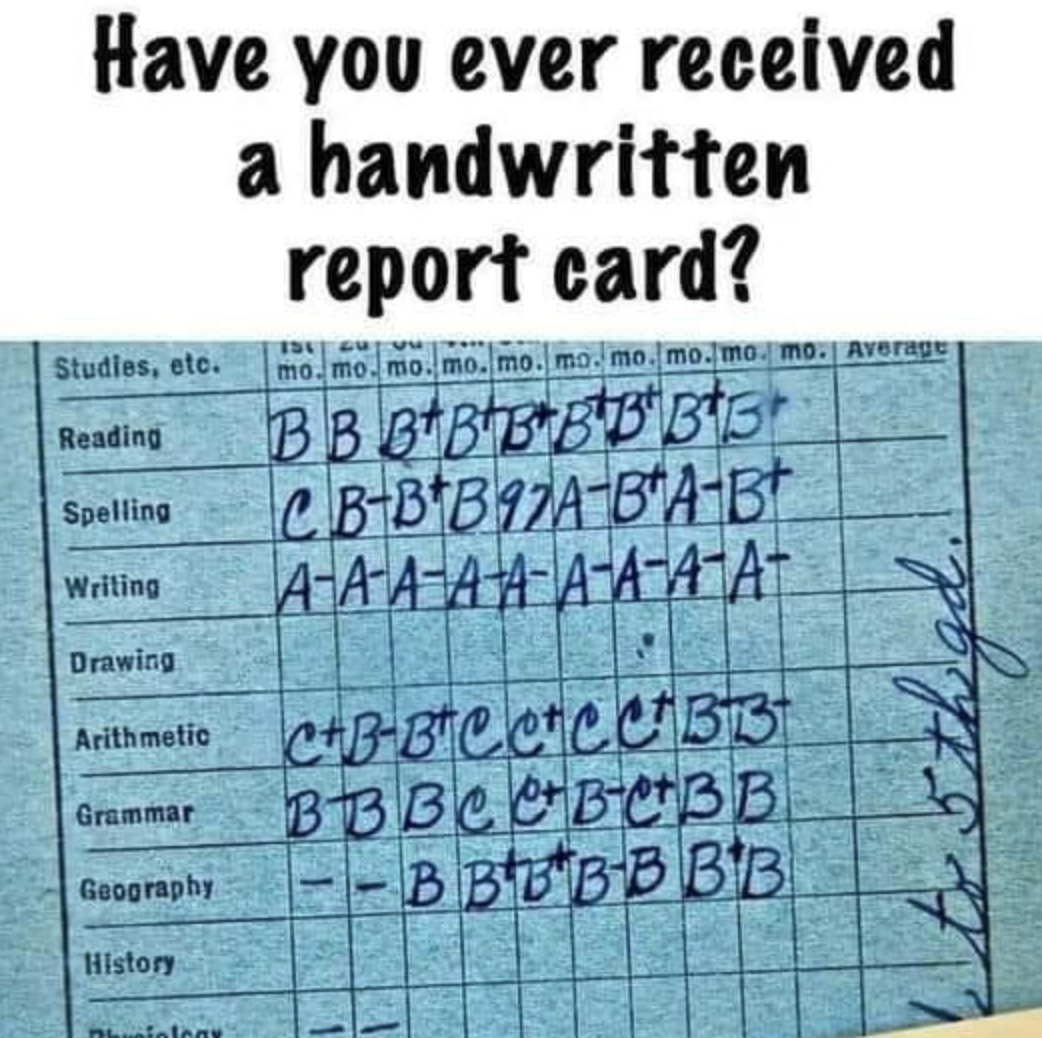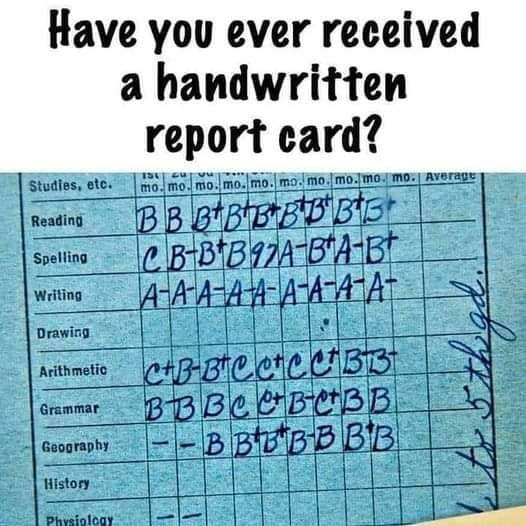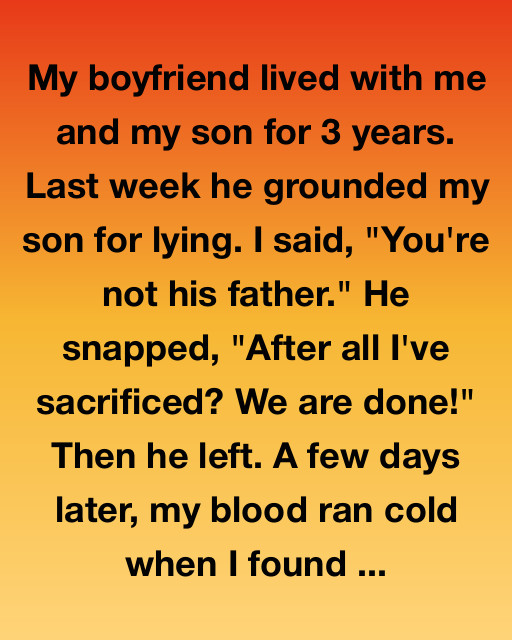In today’s digital age, where progress reports are just a click away, it’s hard to imagine a time when students eagerly awaited the arrival of their handwritten report cards. These tangible pieces of academic history, often filled with personalized comments and carefully penned grades, are now relics of a bygone era. Have you ever received a handwritten report card? If so, you’re part of a dwindling group who can appreciate the unique charm and significance they hold.

A Personal Touch
Handwritten report cards were more than just documents listing grades; they were personal communiqués from teachers to students and parents. Each card bore the individual handwriting of a teacher, reflecting their personality and attention to detail. Unlike today’s standardized digital reports, these cards often included personalized notes that provided insights into a student’s strengths, weaknesses, and overall progress.
Receiving a handwritten report card was an event. The anticipation of seeing your grades, the feel of the paper, and the unique handwriting of your teacher all contributed to the experience. There was something special about knowing that your teacher took the time to write out your report by hand, adding a personal touch that is often missing in our fast-paced, digital world.
The Craft of Handwriting
Handwriting itself is an art form that is rapidly fading. In the past, penmanship was an essential skill taught in schools. Students spent hours practicing their handwriting, striving for the perfect cursive loops and precise print. Teachers, too, took pride in their ability to produce neat and legible report cards. The effort and care that went into crafting these cards made them feel significant and meaningful.
Today, with the ubiquity of keyboards and touchscreens, handwriting is becoming less common. Many schools no longer emphasize penmanship, and children grow up learning to type before they can write in cursive. As a result, the beauty and individuality of handwritten documents are slowly being lost.
The Emotional Connection
Handwritten report cards carried an emotional weight that digital reports often lack. The act of holding a physical report card, feeling the texture of the paper, and seeing the ink smudges and corrections created a connection between the student and the teacher. Parents would carefully review each comment, often discussing them with their children, fostering a sense of involvement and communication.
For many, these report cards are cherished keepsakes, stored away in drawers or scrapbooks. They serve as tangible reminders of childhood, school days, and the teachers who played a significant role in their academic journey. Looking back at these cards can evoke a sense of nostalgia and remind us of the personal connections that were once an integral part of education.
The Shift to Digital
The transition to digital report cards has brought undeniable benefits. It has streamlined the process, making it easier for schools to manage and distribute reports. Parents can access their child’s grades instantly, and teachers can provide more detailed feedback using various online tools. However, this shift has also led to a loss of the personal touch that made handwritten report cards special.
Digital reports tend to be more uniform and impersonal. While they are efficient and convenient, they lack the individuality and warmth that came with handwritten notes. The human element—the unique handwriting, the personal comments, the occasional doodle or smiley face—is often missing in digital reports.
Embracing Nostalgia in Modern Times
As we move further into the digital age, it’s important to remember and appreciate the value of handwritten report cards. They remind us of a time when education was more personal, when teachers and students connected on a deeper level, and when the art of handwriting was cherished.




